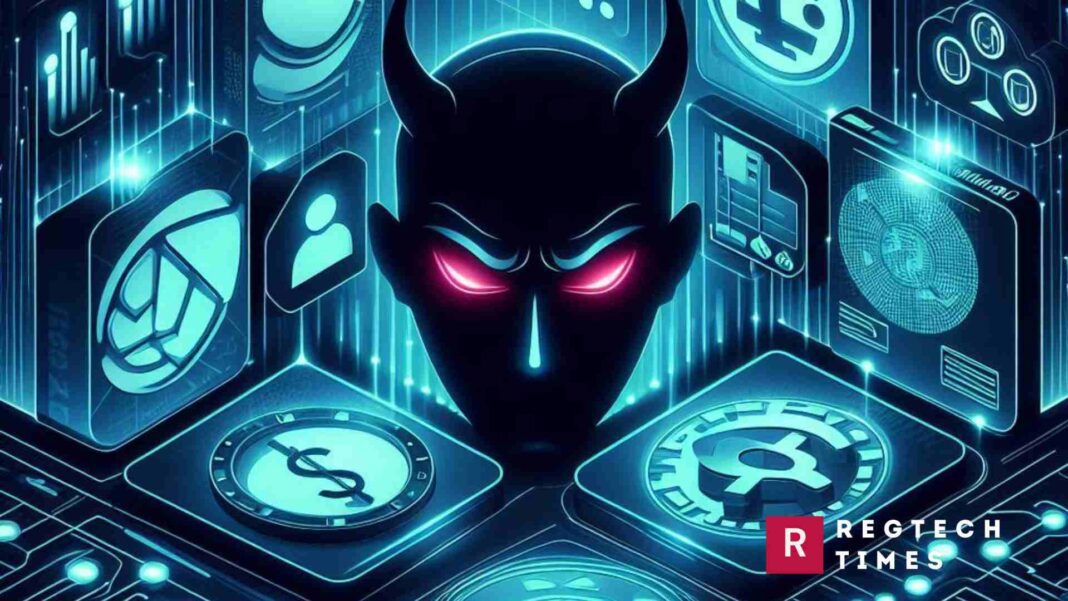Federal prosecutors are investigating into internal practices at Block, the financial technology firm founded by Twitter co-founder Jack Dorsey. Revelations from a former employee shed light on alleged widespread compliance lapses at the company’s main units, Square and Cash App.
Who is Jack Dorsey?
Jack Dorsey is an American technology entrepreneur and philanthropist who is best known as the co-founder and former CEO of Twitter, a popular social media platform. Jack Dorsey co-founded Twitter in 2006 and served as its CEO until 2008 when Evan Williams replaced him. He later returned as CEO in 2015 until stepping down in 2021. Dorsey later co-founded Square, a financial payments company.
NBC obtained records about how Square failed in complying with the US sanctions.
Inadequate Compliance Practices
Internal documents reveal a startling reality: Block failed to collect sufficient information from Square and Cash App customers to evaluate their risks properly. Moreover, the company processed numerous transactions involving countries subject to economic sanctions and even facilitated cryptocurrency transactions for terrorist groups.
Compliance Lapses and Unreported Transactions
The former employee provided prosecutors with evidence indicating that many transactions, including credit card transactions, dollar transfers, and Bitcoin transactions, were not reported to the government as required by law. Despite being alerted to these breaches, Block failed to rectify its processes.
Transactions in Violation of Economic Sanctions
Documents highlight thousands of transactions, some involving small dollar amounts, with entities in countries subject to U.S. sanctions restrictions such as Russia, Venezuela etc. These transactions, occurring as recently as last year, raise serious concerns about Block’s compliance with regulatory standards.
According to the former employee, the compliance section within Block was fundamentally flawed and led by individuals unsuitable for managing a regulated compliance program.
Another source familiar with Block’s monitoring programs echoed this sentiment, expressing deep concerns about the company’s practices.
Regulatory Scrutiny and Voluntary Disclosure
The Southern District of New York declined to comment on the ongoing investigation. Block claims to have voluntarily reported thousands of transactions to the Office of Foreign Assets Control (OFAC), resulting in a no-action letter. However, the former employee disputes this claim, asserting that numerous transactions were not reported.
Square’s Compliance Failures
Square, another main business unit of Block, also faced scrutiny for its compliance practices. Documents reviewed by NBC News identify instances where Square failed to conduct basic customer due diligence and improperly reimbursed funds frozen for sanctions violations.
Cash App’s design exacerbated compliance lapses. The nature of the product limited Block’s ability to block stored balances or reject funds effectively, as balances were often depleted by the time they were reviewed.
An outside consultant hired by Block identified almost 50 deficiencies in its systems for monitoring suspicious activities, rating customer risks, and screening for sanctions violations. Block claims that hiring the consultant demonstrates its commitment to improving compliance.
Regulatory Environment and Enforcement
OFAC enforces economic sanctions to protect against various threats, including terrorist organizations and weapons proliferators. Companies like Block are expected to develop and maintain robust sanctions compliance programs to mitigate these risks.
- Guide to the role of fintech in KYC and AML Risk Management
- In biggest OFAC Enforcement Bittrex fined $29 Million
- Regulatory Storm: Morgan Stanley Faces Money Laundering Probe
Extensive compliance lapses were reportedly known to Block’s leadership and board in recent years. The unexpected departures of two directors, including Lawrence Summers, raise questions about the board’s oversight of compliance issues.
Jack Dorsey Closes Verse
Block has faced regulatory challenges before. In late 2021, its European version of Cash App, Verse Payments Lithuania UAB, was ordered to address serious violations of anti-money laundering and terrorism financing laws by the Bank of Lithuania. Jack Dorsey closed verse citing the reason for the additional requirement of investments.
Regulatory Response and Future Implications
The FDIC recently settled a consent order with Sutton Bank, Cash App’s banking partner, regarding violations of anti-money laundering regulations. Although not directly named in the order, Cash App’s relationship with Sutton Bank raises concerns about its compliance practices.
Sutton Bank, the small Ohio institution that issues Cash App’s prepaid Visa debit cards, allowing users to spend or withdraw their funds. Banks are required to know every one of their customers, but the Cash App program “had no effective procedure to establish the identity of its customers
Block’s compliance failures, as revealed by internal documents and whistleblowers, raise serious questions about the company’s commitment to regulatory compliance and risk management. As federal prosecutors investigate these allegations, the future implications for Block, its subsidiaries, and the fintech industry remain uncertain.



